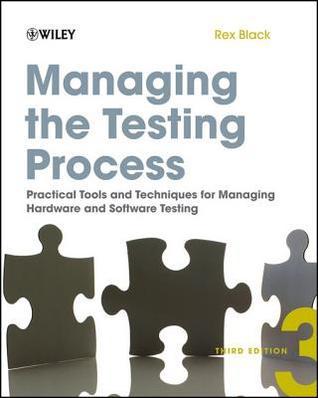New edition of one of the most influential books on managing software and hardware testingIn this new edition of his top-selling book, Rex Black walks you through the steps necessary to manage rigorous testing programs of hardware and software. The preeminent expert in his field, Mr. Black draws upon years of experience as president of both the International and American Software Testing Qualifications boards to offer this extensive resource of all the standards, methods, and tools you'll need.The book covers core testing concepts and thoroughly examines the best test management practices and tools of leading hardware and software vendors. Step-by-step guidelines and real-world scenarios help you follow all necessary processes and avoid mistakes.Producing high-quality computer hardware and software requires careful, professional testing; "Managing the Testing Process, Third Edition" explains how to achieve that by following a disciplined set of carefully managed and monitored practices and processesThe book covers all standards, methods, and tools you need for projects large and smallPresents the business case for testing products and reviews the author's latest test assessmentsTopics include agile testing methods, risk-based testing, IEEE standards, ISTQB certification, distributed and outsourced testing, and moreOver 100 pages of new material and case studies have been added to this new editionIf you're responsible for managing testing in the real world, "Managing the Testing Process, Third Edition" is the valuable reference and guide you need.

